The Ultimate Guide to Freezing Eggs: Tips and Tricks
Primal Edge Health participates in the Amazon Services LLC Associates Program and other affiliate programs and therefore, may collect a share of sales or other compensation from the links on this page. This comes at no additional cost to you, and all the prices and availability are accurate at the time of publishing.
Are you tired of wasting perfectly good eggs that end up going bad before you can use them? Freezing eggs is the perfect solution, allowing you to preserve them to use later in your favorite recipes.
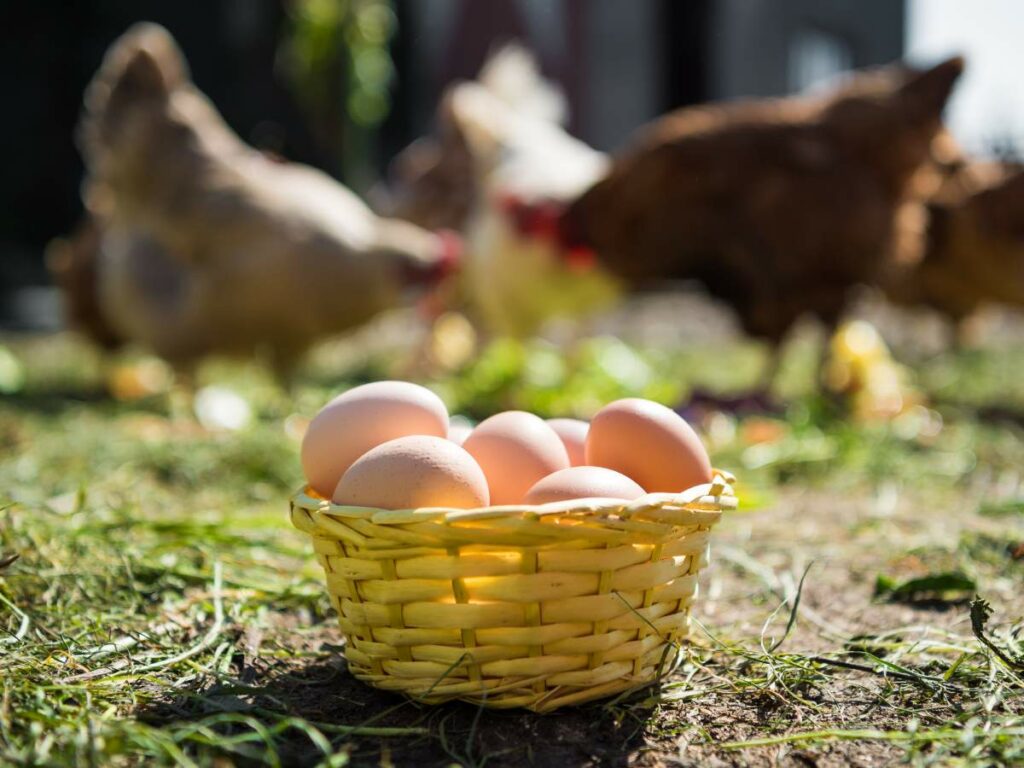
We have a small chicken coop on our property that supplies us with a steady stream of eggs. The hens produce just enough for our whole family, but sometimes, we just don’t feel like eating eggs.
If you’re in the same boat, you’re probably thinking of what to do with your egg surplus. Sure, you can give them away, feed them to other animals or even donate them to local food pantries. However, you might also want to consider freezing your eggs so you can have a nice supply all year round.
With these easy tips and tricks and just a few minutes of your time, you can learn how to freeze the whole egg, the yolks or just the whites to save you money. Let’s get started.
Table of Contents (click to view)
Why Freeze Eggs?
If you love eggs, freezing them is a great option, especially when you have a recipe that calls for just using the egg white or egg yolk; you can freeze the leftover parts.
You can freeze chicken eggs for up to a year, so this valuable ingredient is readily available for your cooking and baking needs. Here are a few more reasons to preserve farm-fresh eggs:
- Cost savings: With egg prices rising lately, freezing eggs is a great way to ensure none goes to waste. However, you could also buy extra eggs if you find a good deal and want to get more bang for your buck.
- Convenience: By freezing eggs in small portions, you can easily add them to recipes that require one or two eggs. And if your recipe calls for just whites or yolks, it’s easy to pull them out of the freezer. There’s no need to use an egg substitute when you’re out.
- Surplus: If you are a homesteader and raising chickens, you may find yourself with more eggs than you can eat, so freezing them is a great option. Are you going on vacation? Freeze your eggs so they don’t go bad while away.
- Adaptable: Frozen eggs can be used in a variety of breakfast recipes like classic scrambled eggs, and omelets, or added to pancake or waffle batter. Use your frozen eggs for baked goods and egg washes to get that golden brown color on top of scones and biscuits. Keep frozen eggs to add to casseroles, too.
- Reduce waste: Freezing eggs helps reduce food waste, allowing you to store them for future use rather than discarding them.
- Emergency supply: Having a stock of frozen eggs can be beneficial during emergencies or shortages, which helps make sure you have a reliable protein source.
Eggs are a great food to have on hand all year round. However, I also recommend freezing other nutritious foods like vegetables, fruits, and even cooked cauliflower rice. For example, you can freeze fresh cabbage so you always have a supply when it’s not in season.
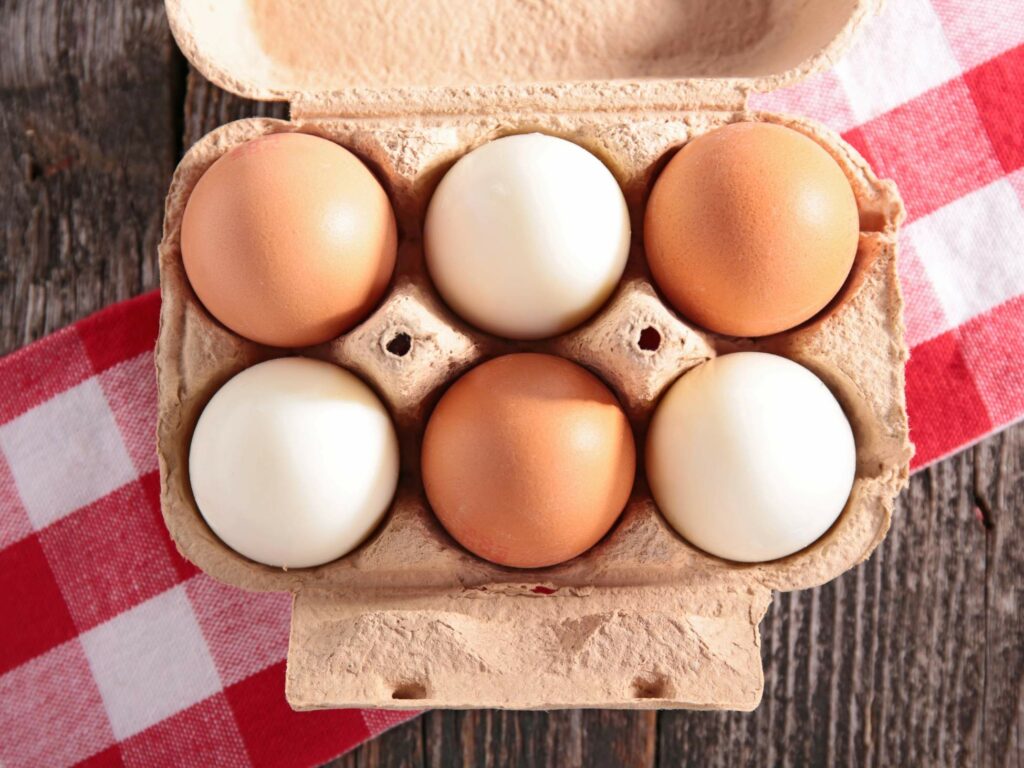
Can You Freeze Eggs in The Shell?
Freezing whole eggs is not advisable, as the egg expands as it freezes, causing the shell to crack open and become susceptible to harmful microorganisms. If your egg accidentally freezes in the shell and cracks, the USDA says to discard it.
What Type of Container Do You Need for Freezing Eggs?
You definitely don’t need a special container; just look around your kitchen to find something to hold the egg while it freezes. Here are some ideas.
- Muffin tins: Use the regular size for a whole egg and the mini muffin tin for egg yolks and egg whites. Spray with cooking spray before adding the eggs.
- Silicone baking cups: Place the cups on a tray to transfer to the freezer.
- Ice cube trays: A standard-size ice cube tray will hold one egg yolk or one egg white. A whole egg will not fit, but you could divide the egg. Make sure to use cooking spray so the frozen eggs can be removed easily.
- Zip top freezer bags: Pour the beaten eggs, egg yolks or whites into the bag and lay flat to freeze.
- Freezer-safe jars or containers: Use small, airtight containers or jars that are freezer-safe. Leave some space at the top for expansion as the eggs freeze.
- Mason jars: Wide-mouth mason jars work well for freezing larger quantities of beaten eggs. Make sure you leave at least an inch of headspace to prevent the jar from cracking.
“A few months ago, we had to travel internationally due to a family emergency, and I’d just bought two dozen eggs for baking (when they were super expensive!) So, I froze them individually in muffin tins (after scrambling them with a bit of salt). Then transferred to a freezer bag! When we got back, I just grabbed some as I needed to make scrambled eggs or a frittata.”
— Shruthi, Urban Farmie
Why Add Salt or Sugar when Freezing Eggs?
When freezing whole eggs or just the egg yolk, the texture changes because the yolk will become thick and gelatinous. Make sure to beat the egg until smooth, then add salt or sugar to the beaten egg to stop the thickening.
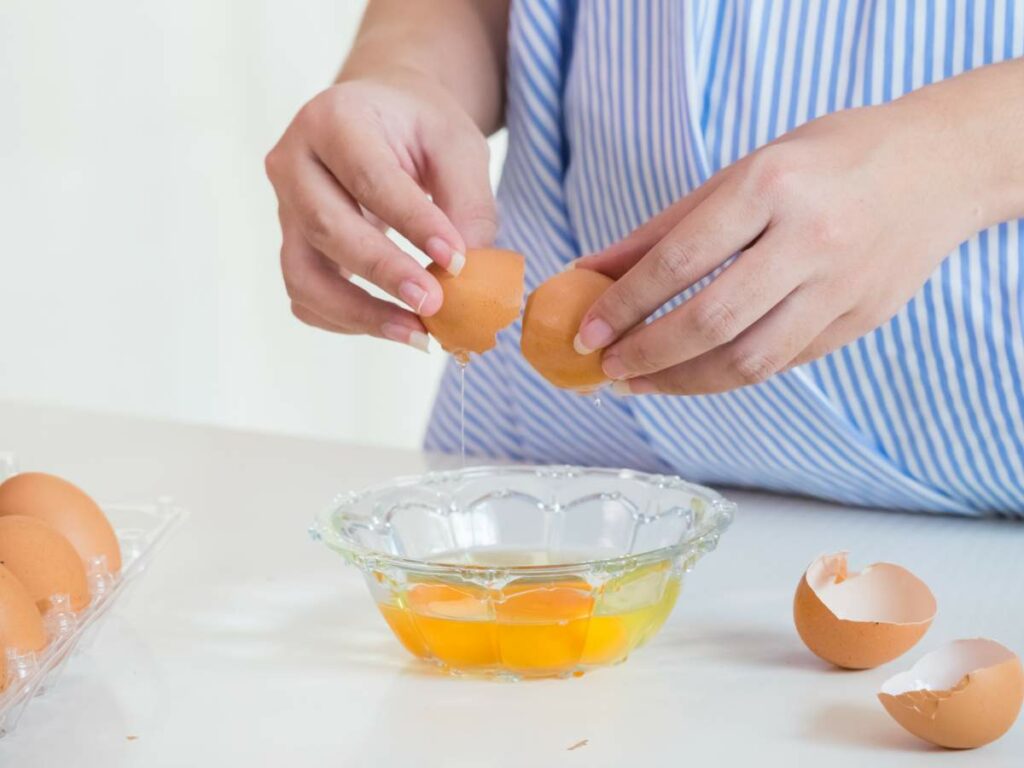
How to Freeze Eggs
To freeze eggs successfully, you need to properly prepare them. This involves cracking and beating the egg, adding salt or sugar, freezing them and transferring the frozen eggs to a freezer container.
How to Freeze Individual Eggs
Here are the simple steps on how to freeze eggs individually for an easy grab-and-go type of method.
- Break the egg in a small dish and check for signs of spoilage, such as an off odor or discoloration.
- Stir to combine the yolk and the white.
- Add a sprinkle of salt or sugar.
- Pour the egg into the freezing container and freeze the egg for four to six hours. Once fully frozen, remove from the freezing container and place the frozen egg in a freezer-safe bag.
- Or pour it directly into the plastic freezer bag and freeze it flat.
- Freeze eggs for up to six months.
“When our chickens start laying up a storm in springtime, we often freeze omelet mixes in wide-mouth mason jars with straight sides (jars with shoulders can crack when frozen!). Crack open your eggs, and add them to the jar with any fixings you like, cheese, ham, veggies etc. Leave at least one inch of room at the top of the jar, put a lid on and freeze. In winter, when the chickens lay less often, pull a jar out the night before and put it in the fridge. In the morning, pour your ready-made omelet mix into the pan, and you are good to go.”
Tamara Reid, The Reid Homestead
Alternatively, you can freeze an egg without scrambling it for recipes that call for a whole egg, like this portobello egg bake or these tomato zucchini egg cups. Here’s how to do it:
- Crack the eggs into a clean bowl without beating them.
- If you want to freeze them in portions, consider using ice cube trays or muffin tins to portion out each egg individually.
- Carefully pour each whole egg into the compartments of the ice cube tray, muffin tin, or silicone cups.
- Place the tray in the freezer and let the eggs freeze until solid (this usually takes several hours or overnight).
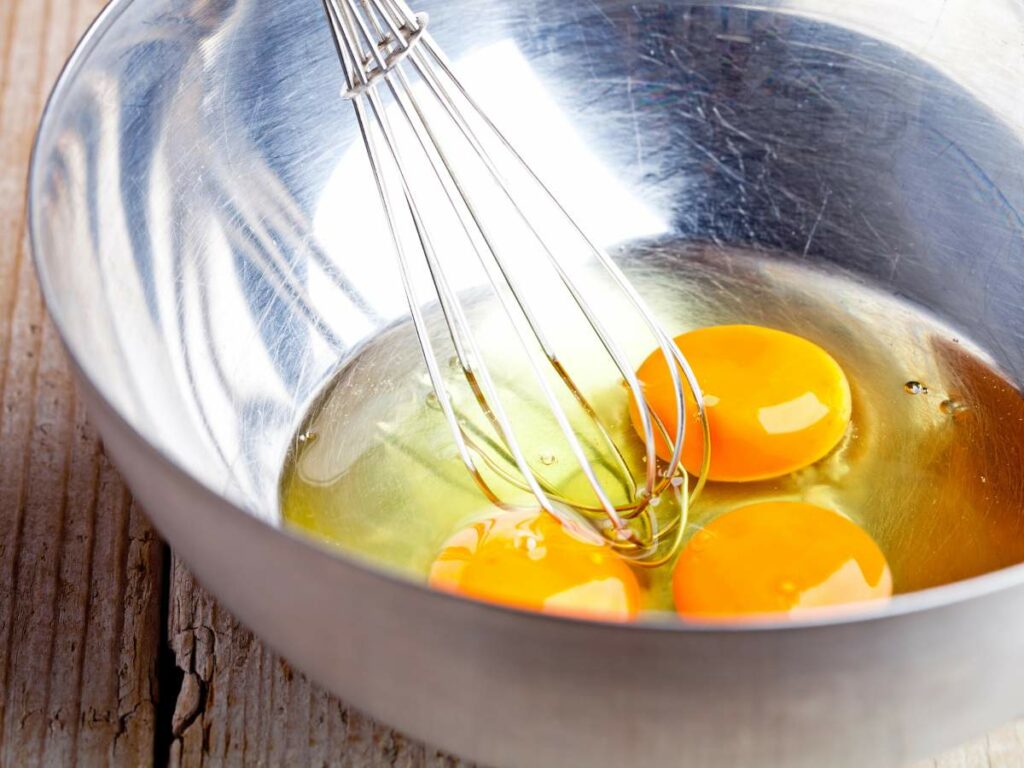
The Best Method for Freezing Several Eggs Together
This is best if you know you have a recipe that uses a certain amount of egg, so you can freeze that amount like this recipe for egg, sausage and hashbrown casserole that uses six whole eggs.
Expert tip: It’s best to crack each egg individually in a small bowl to make sure it is still fresh and not rotten before adding to a whole batch of eggs.
- Crack as many of the eggs as you want in a bowl, then whisk to combine.
- Add a teaspoon of salt or sugar per one cup of eggs.
- Pour the eggs into a freezer bag and remove as much air as possible.
- If using a freezer container, leave one-half inch of room at the top of the container for the eggs to expand.
- Label the container with the date and how many eggs it contains.
How to Freeze Egg Whites
Freeze egg white by beating it slightly, then pour it into the muffin tin or ice cube tray to freeze. Once frozen, remove from the container and place in a freezer bag for six months. You do not need to add salt or sugar to egg whites.
Frozen egg whites whip up beautifully and quicker than using fresh egg whites and are perfect for making meringues for pies or frosting that hold stiff peaks.
How to Freeze Egg Yolks
Break the egg yolk up in a small bowl and stir in a pinch of sugar or salt to stabilize the yolk. Freeze the yolk in a muffin tin or an ice cube tray.
Egg yolks can be frozen, but they do change in texture once thawed; the yolks thaw in a soft solid state but are still usable in most recipes.
How to Thaw and Use Frozen Eggs
The following steps should be followed when thawing and using frozen eggs. Place the frozen eggs in a sealed container in the refrigerator to let them thaw for six to eight hours or overnight. I prefer thawing my eggs in the fridge the night before so I can easily make my zucchini scrambled eggs in the morning.
You can quickly thaw frozen eggs that are in an airtight container under cold running water.
When thawed, stir the eggs really well before using them, and use them as soon as possible to maintain their freshness. Do not refreeze eggs that have been frozen.
“Our chickens are so prolific we have started freezing their eggs for wintertime use. I lightly beat them and pour them into freezer bags. Sealed and laid flat to freeze, they don’t take up much room, and we have eggs all winter long! I love having them tucked away for times when money is short, or I can’t get to the store.”
— Laura Sampson, Little House Big Alaska
How to Tell If a Frozen Egg Is Bad
Knowing if a frozen egg is rotten can be tricky, but there are several steps you can take to check its quality before using it. First things first, use all your senses.
After thawing the egg, check for any unusual discoloration. Fresh eggs should be a uniform color (white for whites, yellow/orange for yolks). If you see any black, green, or other unusual colors, discard the egg. The last thing you want is a bad egg in your keto breakfast casserole.
The smell of a rotten egg will also become prominent as it thaws. A bad egg will have a strong, unpleasant odor even after being frozen. If the egg smells off or is sulfuric, it is likely rotten and should be thrown away.
Don’t forget to check the consistency. Thawed egg whites should be clear and slightly runny, while yolks should be somewhat firm. If the egg white is excessively watery or the yolk is too solid or has an unusual texture, it may be spoiled.
Remember: when in doubt, throw it out! It’s better to waste an egg than put yourself or your family at risk of foodborne illness.
Pro Tips for Egg Freezing
Freezing eggs is a simple procedure with just a few simple tricks. I’ve compiled some of the most important tips you should keep in mind while preserving your eggs:
- You can get the best results by adding a pinch of sugar or salt to the eggs before freezing
- It is important to remove as much air from the freezer bag or freezer-safe container as possible.
- Eggs have to thaw in the refrigerator slowly, not at room temperature. Otherwise, you run the risk of spoiling your eggs.
- You can pick the number of eggs to add to a container so you can grab and use them in your favorite egg recipes.
- Do not put frozen eggs in the microwave or hot water to thaw faster, as it will ruin the eggs.
- Freezing fresh eggs is best, as you do not want to freeze eggs close to expiring for future use.
Start Your Egg Stockpile Today
Whether you have a surplus of fresh eggs from your backyard chickens or want to stock up for baking projects, freezing is a great option. Take advantage of the benefit of having fresh eggs on hand all the time by following these instructions.
Now, what do you do with all your preserved eggs? Check out the rest of Primal Edge Health for all the egg recipes you’ll need for breakfast, lunch, dinner, and snacks!
Portions of this article originally appeared on Food Drink Life.


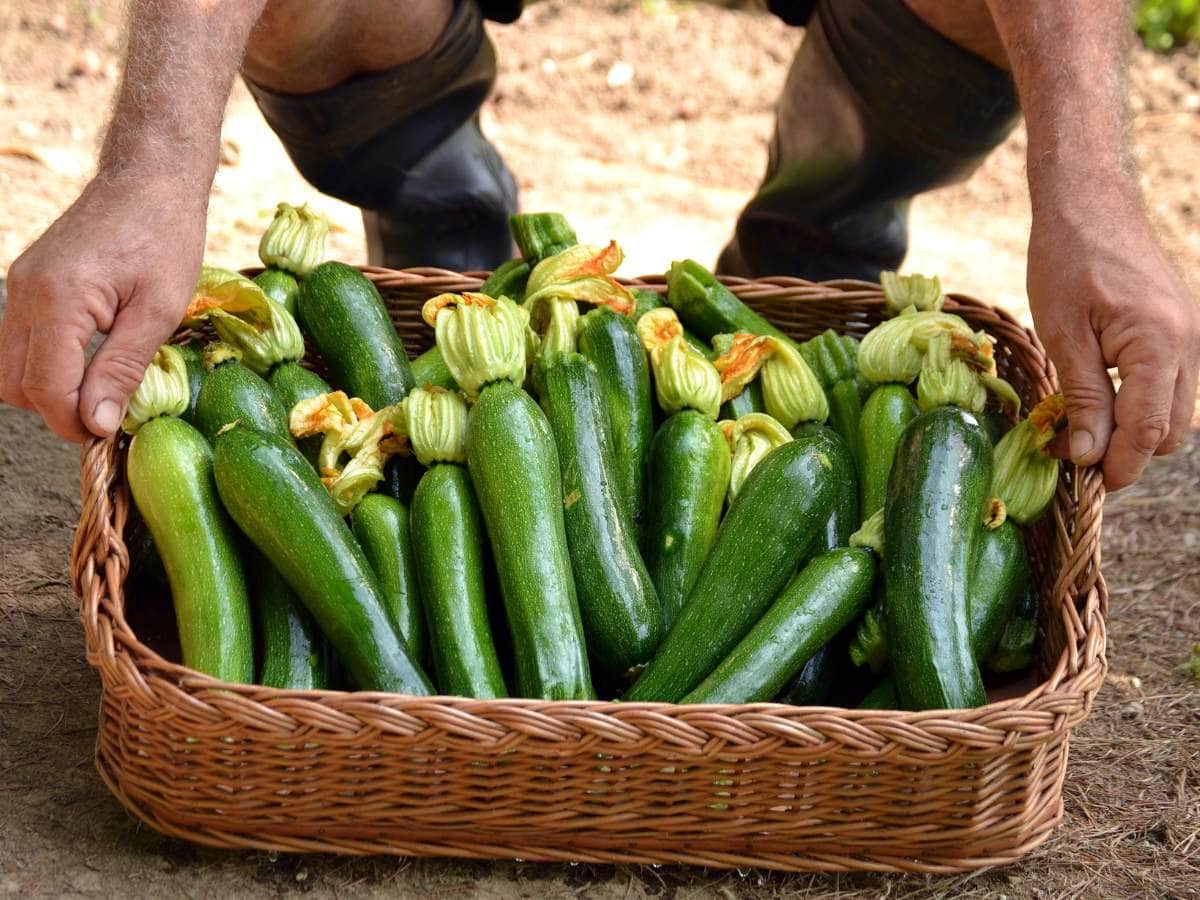
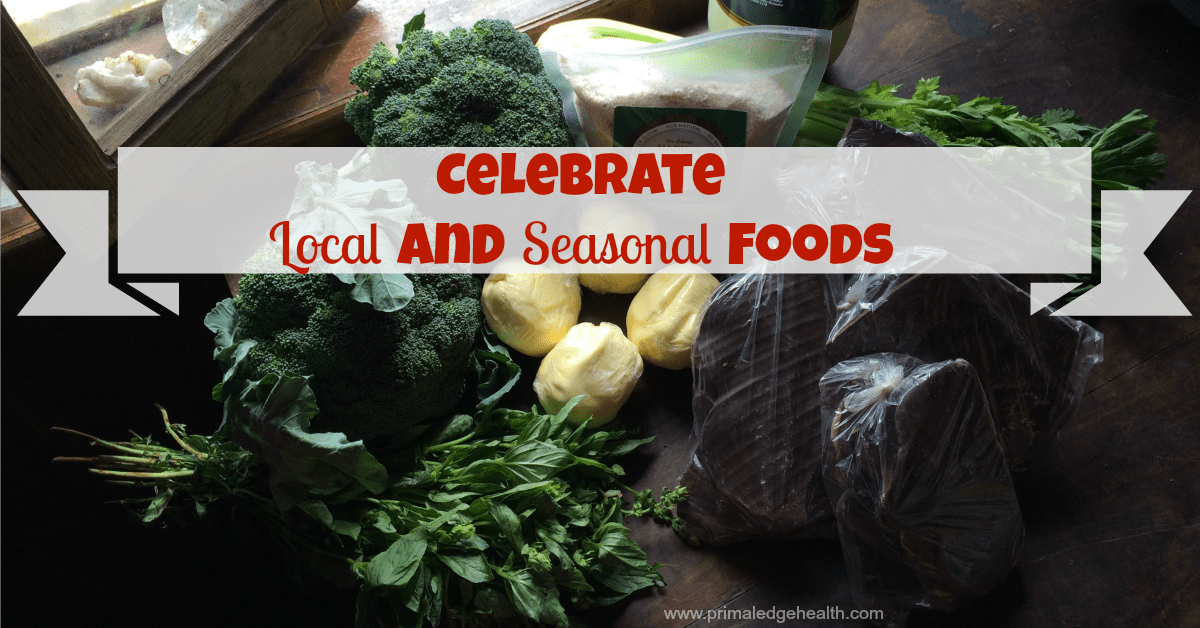

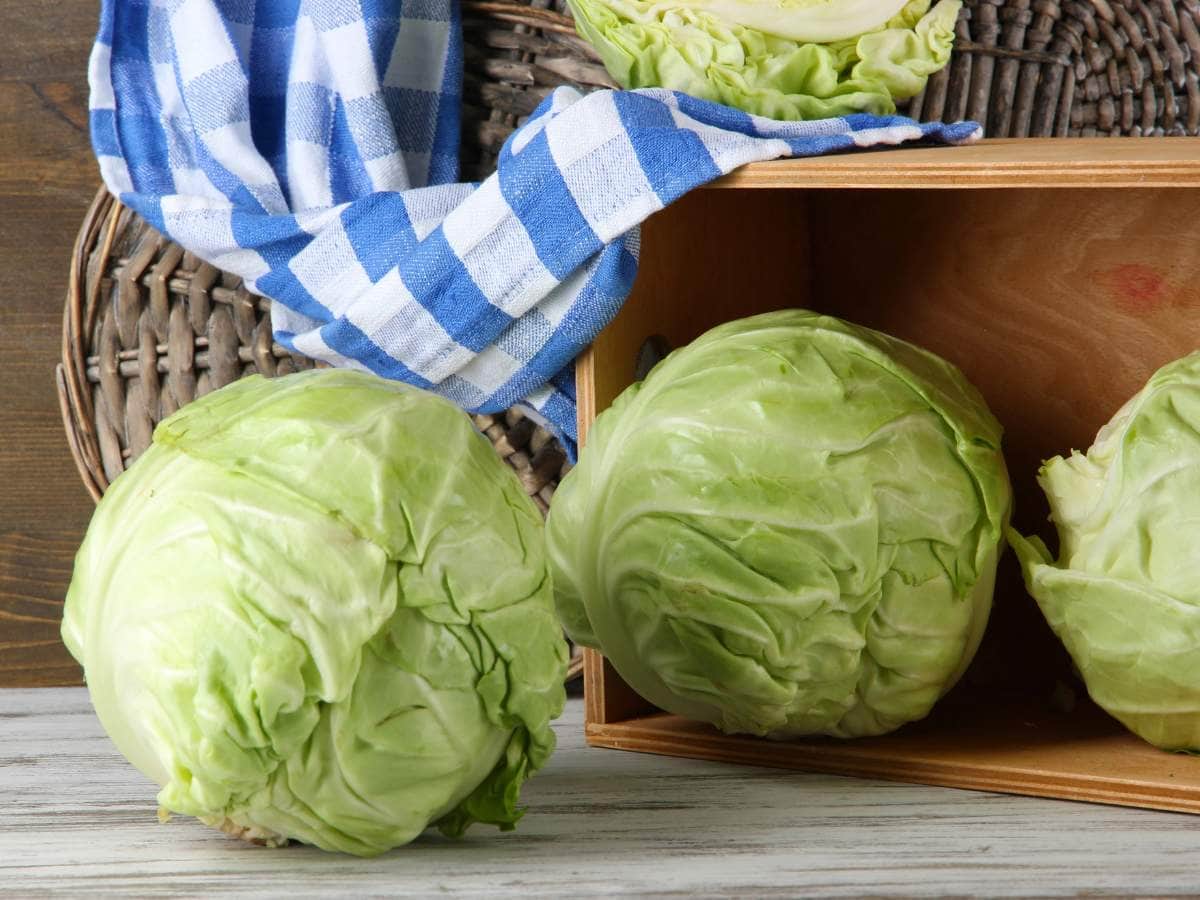

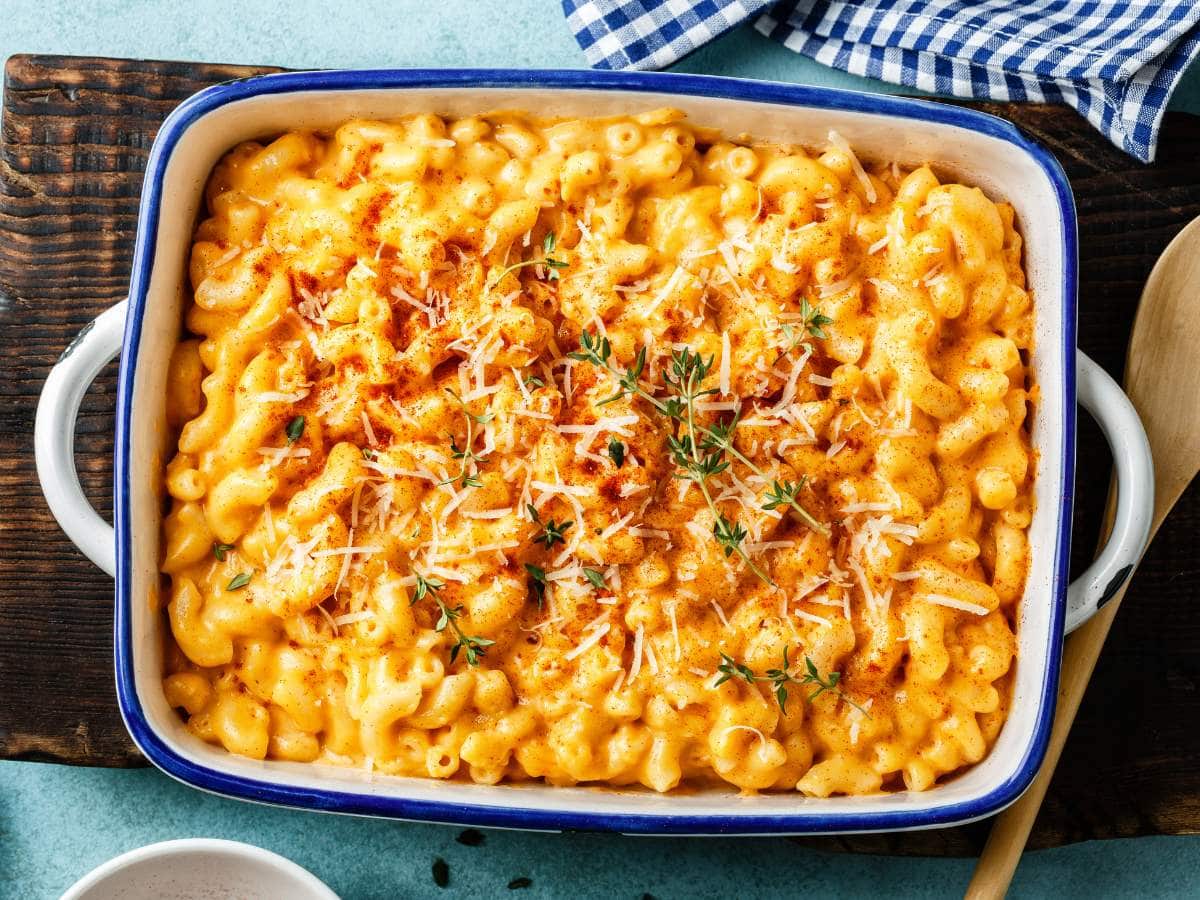
Thank you! very useful, next time I have too many eggs I will try with your suggestions
You’re so welcome, Esther! 😊 I’m glad you found the tips helpful. Freezing eggs is such a great way to cut down on waste and keep a stash ready for baking or breakfast anytime. Let us know how it goes when you try it out, especially if you use muffin tins or make a ready-to-cook omelet mix. Happy freezing!